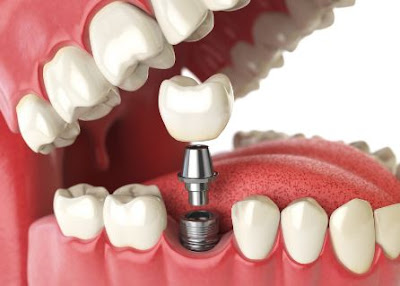Implants have served as a solution to all the negative effects of missing teeth by giving natural teeth-like replacement. Implants help replace missing teeth due to accident, aging, decay, or gum disease and help to drastically improve your oral health. There can be concerns while going for implants for patients who are medically compromised like heart patients. People who have cardiovascular conditions are often prescribed a lifelong regimen of blood thinners which are feared to come in way of the surgery.
There is absolutely no evidence that says that implant surgery can turn unsuccessful or create complications in patients with cardiovascular diseases, provided the medications used to manage the heart disease is properly addressed to the dental surgeon. Patients are often advised to stop or alter their medication prior to the surgical procedure to avoid possible complications of blood loss. We undertake special care for heart patients like making the treatment sessions as short as possible, using anesthesia cautiously and making the surgery less invasive. Antibiotic prophylaxis is prescribed to prevent infections and bacterial endocarditis.
Thus under an experienced implantologist you can consider yourself safe for implant placement even with cardiac conditions. Your medical conditions and medications must be thoroughly discussed with the surgeon so as to get the best outcome. Schedule a consultation with us to know more about your eligibility for implant placement.



















